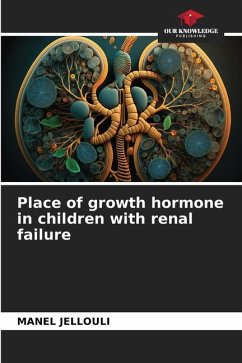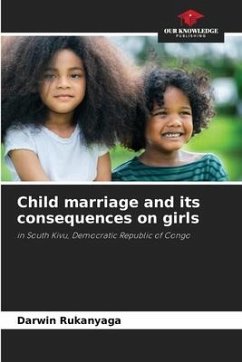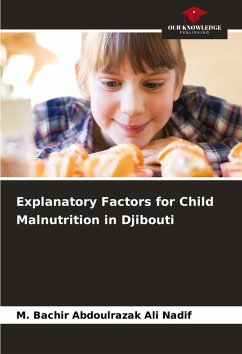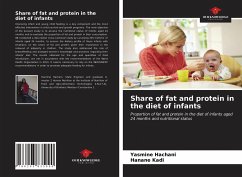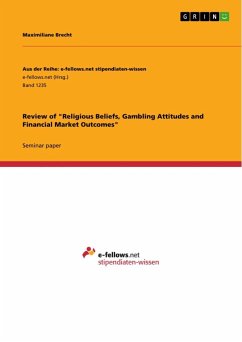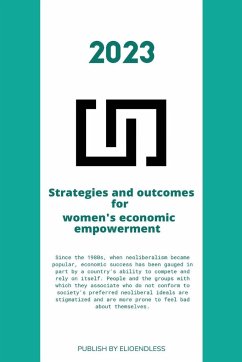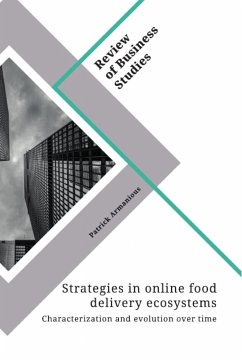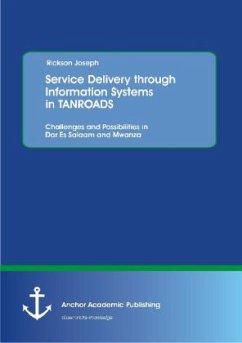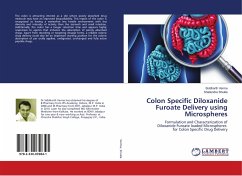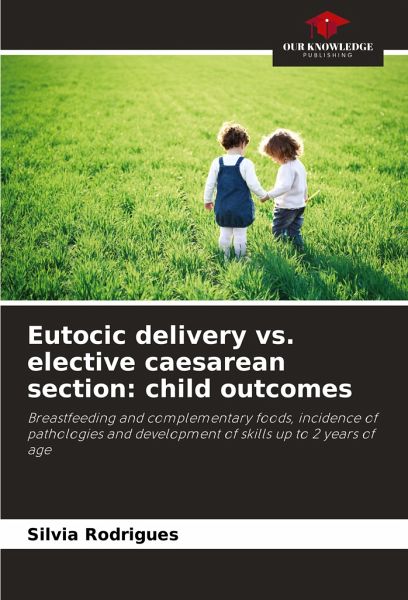
Eutocic delivery vs. elective caesarean section: child outcomes
Breastfeeding and complementary foods, incidence of pathologies and development of skills up to 2 years of age
Versandkostenfrei!
Versandfertig in 6-10 Tagen
58,99 €
inkl. MwSt.

PAYBACK Punkte
29 °P sammeln!
Eutocic delivery is the most natural form of birth and reduces the risk of complications and severity in low-risk pregnancies, for both women and fetuses, compared to caesarean section. The comparison with caesarean section arises from doubts raised by the literature review about the risks and benefits for the child. The aim was to ascertain the impact of the type of delivery on breastfeeding, the incidence of pathologies and the development of skills in the first two years of the child's life. The clinical files of the dyads were analyzed and the mothers were interviewed in order to complemen...
Eutocic delivery is the most natural form of birth and reduces the risk of complications and severity in low-risk pregnancies, for both women and fetuses, compared to caesarean section. The comparison with caesarean section arises from doubts raised by the literature review about the risks and benefits for the child. The aim was to ascertain the impact of the type of delivery on breastfeeding, the incidence of pathologies and the development of skills in the first two years of the child's life. The clinical files of the dyads were analyzed and the mothers were interviewed in order to complement the data collection. The results revealed that the duration of exclusive breastfeeding and the continuation of breastfeeding up to the age of two is significantly lower in those born by elective caesarean section. The probability of incidence of pathologies up to the age of two is not significantly different between those born by eutocic birth and those born by elective caesarean section. The skills indices for those born by caesarean section are lower than the skills indices for those born by eutocic delivery. However, some scores were lower than expected for their age in both groups.





